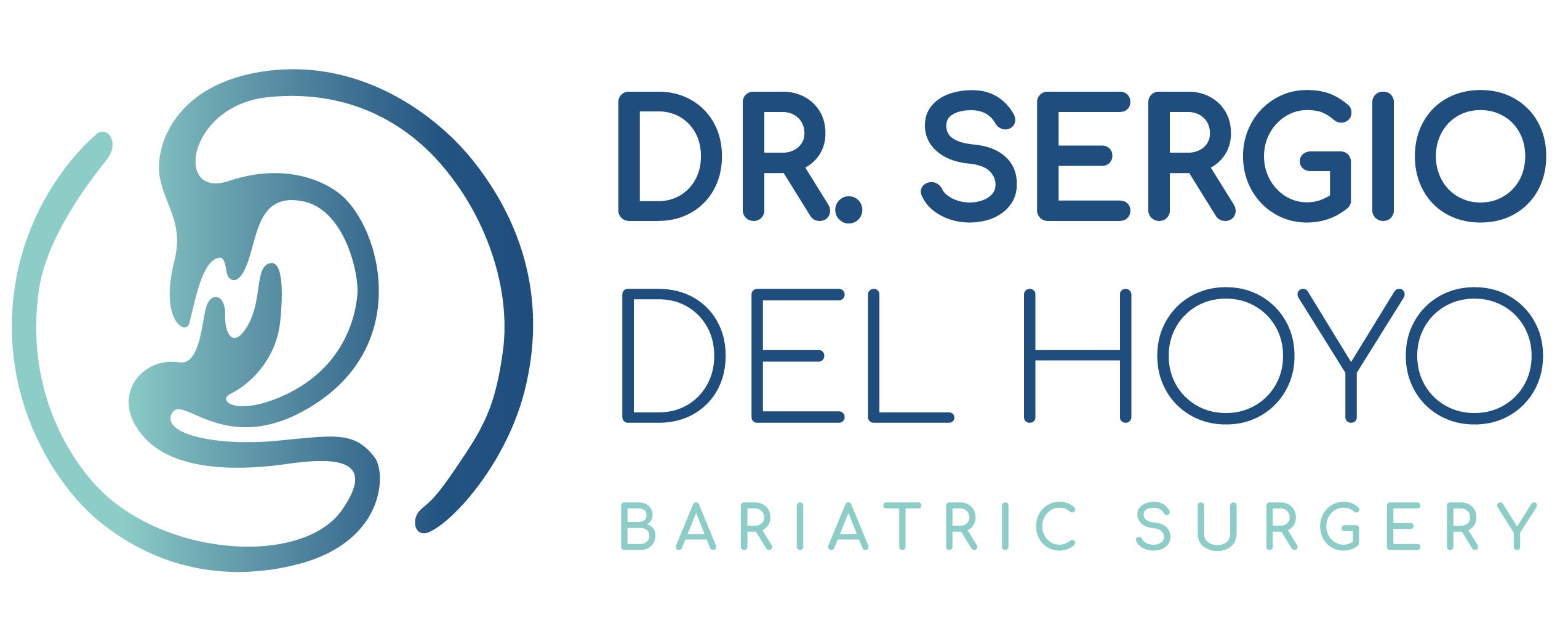Introduction:
A hernia occurs when an organ or fatty tissue is pushed through a weakened muscle or other area of the body. It is one of the most common medical conditions among adults, and in some cases it can cause pain and discomfort. Fortunately, there are treatments to repair hernias and relieve symptoms. In this blog, we will explain the causes and treatments for hernias.
What are they?
Hernias are a common medical condition that affects millions of people each year. A hernia develops when a part of an internal organ protrudes through the surrounding tissue or muscle wall, creating a noticeable bulge under the skin. Although some hernias may be present at birth, others may develop later in life due to stress or injury. Hernias can be found in any area of the body, but are more common in the abdomen.
There is usually no clear cause for a hernia. This can be due to pregnancy, heavy lifting, obesity, chronic cough, constipation, and even genetics.
Types of Hernias
The types of hernias depend on their location:
- Femoral hernia: This is a bulge in the upper thigh, just below the groin. This type is more common in women than in men.
Surgical or ventral hernia: If you have had abdominal surgery in the past, this type of hernia can occur through a scar. - Umbilical hernia: it is a bulge around the navel. It happens when the muscle around the navel does not close completely or opens due to a poor effort.
- Inguinal hernia: is a bulge in the groin. This type is more common in men and can go down into the scrotum.
Treatment of hernias
The treatment of any type of hernia is surgery that generally, depending on the size and location of the hernia, a mesh can be used to reinforce the muscular wall and thus prevent a hernia from returning. Depending on the type of hernia, surgery may be laparoscopic hernia repair.
This procedure uses very small incisions that are closed with dissolvable sutures or stitches. Recovery time can vary depending on the type of hernia repair, but usually after two to four weeks you can return to normal activities.
Prevention of hernias
Preventing hernias is not a guarantee, however, there are measures that help reduce the risk. Maintaining a healthy weight, avoiding heavy lifting, and maintaining good core strength are ways to prevent hernias. Wearing supportive clothing, such as a truss or corset, can also help keep the hernia in place and reduce the chances of having surgery. Additionally, keeping your abdominal muscles strong can also help prevent hernias.
Doing exercises that focus on your core muscles, such as plank and bridge poses, can help strengthen your abdomen and keep hernias at bay.
Lastly, if you already have a hernia, make sure you get regular checkups from your doctor to prevent it from getting worse. If it gets severe, it’s important to get medical attention right away to prevent it from getting worse.
Conclusions:
Hernias are a common medical condition that can cause pain and discomfort if left untreated. Fortunately, there are several treatment options available to repair and reduce symptoms. Talk to a doctor about the best treatment option for you, as there are surgical and non-surgical treatments. With proper care and attention, hernias can be effectively treated.
Key points
- Hernias occur when an organ or fatty tissue is pushed through a weakened muscle or other area of the body.
- Among the causes of hernias are pregnancy, lifting heavy objects, obesity, chronic cough, constipation and genetics, any activity that raises the pressure inside the abdomen.
- The symptoms of hernias vary by type and location, but may include a bulge or bulge in the affected area, pain when lifting weight or coughing, and nausea.
- Hernia treatment options include lifestyle changes, such as avoiding heavy lifting, wearing supportive garments, and/or surgery.
- Talk to a doctor about the best treatment option for you, as there are surgical and non-surgical treatments. With proper care and attention, hernias can be effectively treated.






